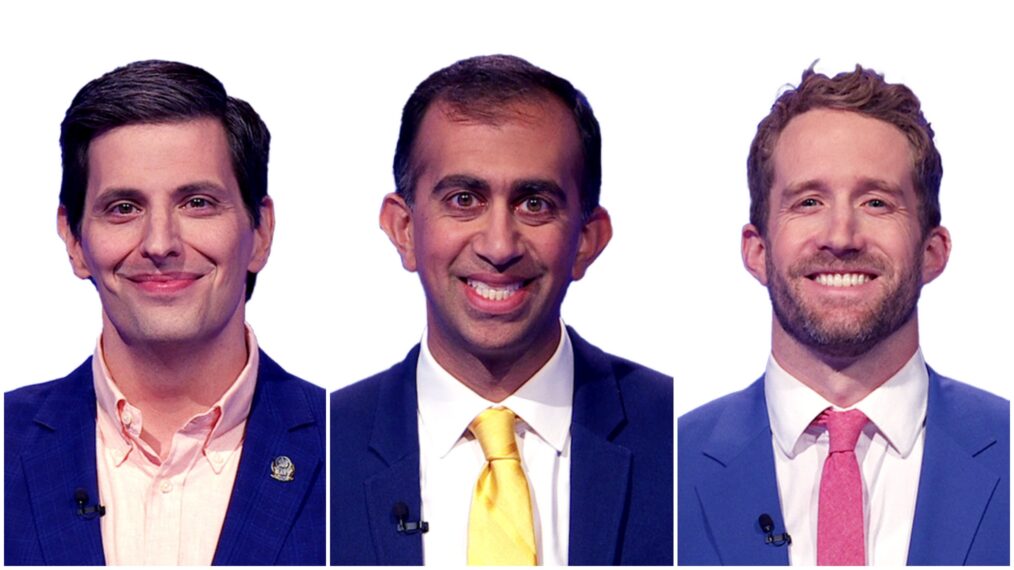That’s according to a recently released survey by the Society of Authors, which heard from over 800 of their members about how they’re feeling about emergent technologies and their impact on their creative work.
The Society, a UK-based trade organization that has been advising and campaigning for writers, illustrators, and literary translators for over a century, found that its members are curious but extremely wary of new generative technology.
This isn’t a universally skeptical crowd: 22% of respondents say they have used generative programs in their work, and 31% have used them for brainstorming. This number was lower than I might have guessed. Artists have always embraced the experimental possibility of new materials and tools, and that so few are using AI underscores the deep and widespread ethical and reputational concerns around this tech. In fact, the survey found that “even those respondents who were more optimistic…reiterated that ethical concerns are a primary reason to avoid the use of generative AI systems at this stage.”
There’s also the crucial factor that this tech hasn’t shown an ability to make art that is good or interesting, and has only found a fanbase amongst the worst guys you’ve ever seen.
The survey also found that AI is already cutting into people’s work. A quarter of illustrators (26%) and over a third of translators (36%) say they’ve lost work due to generative AI, and a higher percentage—37% of illustrators and 43% of translators—say the income for their work has decreased because of generative tech. It seems like this programming is already working as intended.
I’ve said before that my big concern with AI is as a labor issue. I remain deeply skeptical when the only people aggressively pushing this stuff are bosses who see creative workers as a budgetary line item that can be replaced by a cheaper widget. Companies are just keeping up with the Joneses: a lot of CEOs and Business Deciders seem desperate to avoid last place in the perpetual race to adopt whatever new thing everyone is posting about on LinkedIn.
But an AI-driven devaluation of labor fits in with a broader trend in creative work: pay is down, quotas are up, and opportunities are shrinking. The WGA and SAG-AFTRA strikes last year were often framed as a fight against turning creative work in Hollywood into another Uber-esque gig job: writing and acting as precarious and part-time, joining other professions that have been increasingly reoriented to be an app-facilitated servant that can be hired and fired in an afternoon.
But the concerns are more than just material, according to the Society survey. 86% worry that AI “devalues human-made creative work” and “many highlighting biases and inaccuracies in AI-generated content, worries about copyright infringement, misuse of personal data, and the exploitation of fellow creators’ works without consent or remuneration.”
By far the greatest consensus that the survey found was around the creation and regulation of this tech. We know that tech companies are massively “cutting corners” in their quest to hoover up other people’s work to feed their machines, and 94% of surveyed respondents want credit and compensation when a company takes their work, and 95% want to give consent before their work is used to build someone else’s company.
There’s also broad agreement on what should be done. 97% of respondents believe consumers deserve to know when something they’re seeing or hearing was made with AI—something like the fake images Netflix aired in their new documentary. And 95% think that governments need to “introduce safeguards and regulation to ensure compliance with these measures of consent, compensation and transparency.”
I wish I felt more optimism that government could step in and help. But if this TikTok ban that’s rocketing through Washington is any indication, elected officials and their staff might no longer think that the internet is a series of tubes, but they still have a deep naivety and credulity about the tech industry and its flaws.
The Society of Authors survey makes clear that AI is already impacting creative work—the cat’s out of the bag and it’s been generated with six ears. The companies won’t stop themselves and regulation is already well behind the ball. The only solution will be collective and grassroots.
Which is why I’m proposing a Godzilla vs. Mechagodzilla strategy: we all get together and build a super-AI to fight the other AIs. It’s the only way.





















































.jpg)



